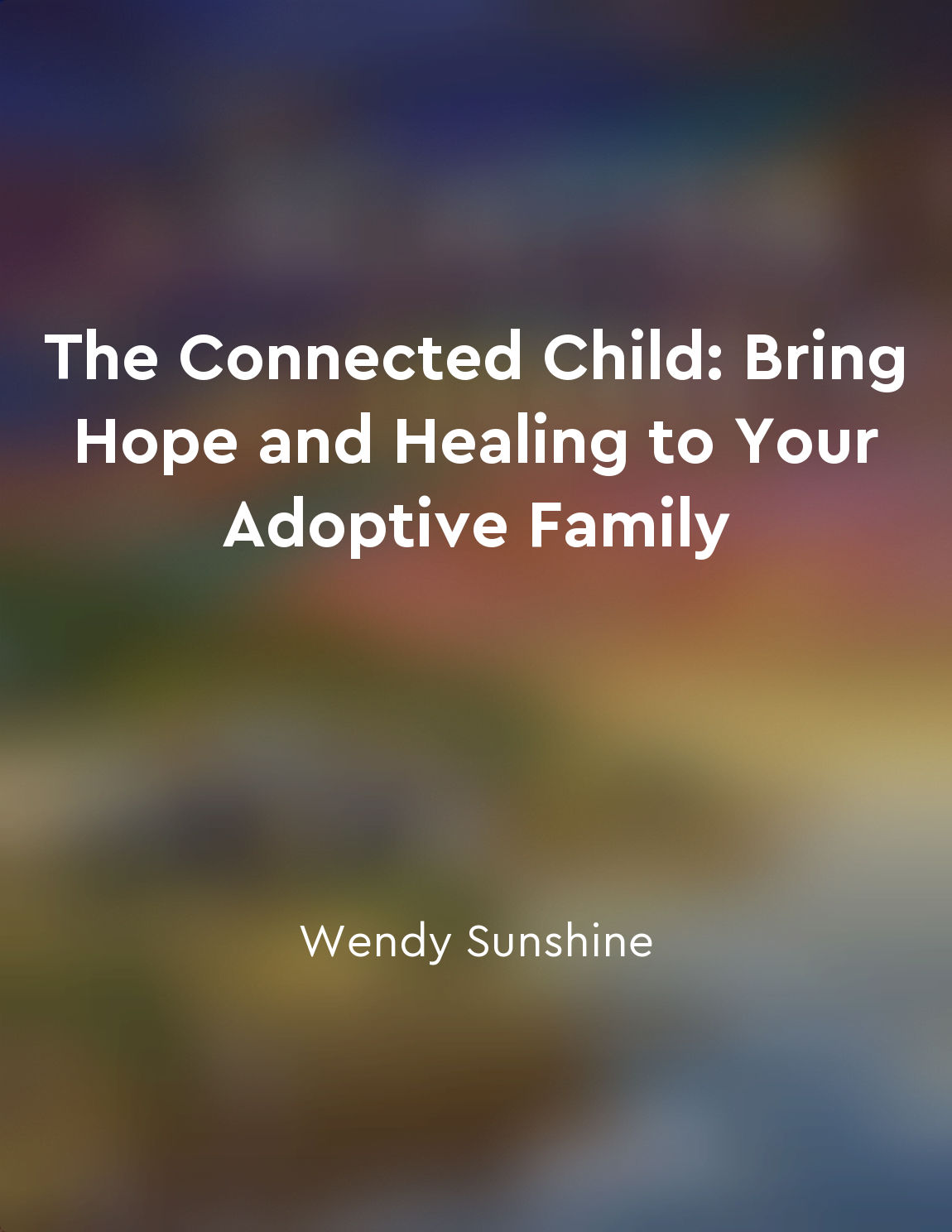Look beyond the behavior to find the underlying cause from "summary" of The Explosive Child by Ross W. Greene, PhD
When children exhibit challenging behaviors, it can be all too easy to focus solely on the behavior itself. We see a child melting down, throwing things, yelling, hitting, and we react. We might reprimand, punish, or try to control the behavior in some way. But what if we were to look beyond the behavior, to try to understand why it is happening in the first place?Behaviors are a form of communication, especially when it comes to children who are experiencing difficulties. These behaviors are often an expression of underlying problems or unmet needs. By looking beyond the behavior, we can begin to uncover what is really going on for the child. It's important to remember that challenging behaviors are not random or purposeless. They serve a function for the child, even if that function is not immediately apparent. The child may be trying to communicate frustration, confusion, fear, or a sense of being overwhelmed. By looking beyond the behavior, we can start to identify the underlying triggers and causes. In order to effectively address challenging behaviors, we must first understand what is driving them. This requires taking the time to observe, listen, and empathize with the child. We need to ask ourselves: What is the child trying to tell us through their behavior? What needs are not being met? What is causing the child distress or frustration? By shifting our focus from the behavior to the underlying causes, we can begin to approach the situation in a more constructive and compassionate way. Instead of simply reacting to the behavior, we can work towards addressing the root of the problem. This not only helps to reduce the frequency and intensity of challenging behaviors but also fosters a deeper connection and understanding between the child and caregiver.- Looking beyond the behavior is about recognizing that behaviors are symptoms of deeper issues. By acknowledging and addressing these underlying causes, we can help children to develop more adaptive and effective ways of coping with their challenges. It's a shift in perspective that can lead to more positive outcomes for both the child and the caregiver.
Similar Posts
Validate your child's emotions and experiences
When your child is upset, frustrated, or just plain angry, they need to know that you're on their side. And one of the best way...

Foster a positive attitude towards challenges
Encouraging children to embrace challenges with a positive attitude is crucial for their growth and development. When children ...

Adapt your parenting style to meet your child's needs
Parenting is not a one-size-fits-all model; it requires flexibility, adaptability, and a willingness to meet the unique needs o...
Create a safe and supportive environment for children
Creating a safe and supportive environment for children is crucial in helping them thrive and succeed. This means providing the...

Discipline is essential for moral development
Discipline is the cornerstone of moral development in children. Without discipline, children are left to their own devices, whi...

The importance of supportive relationships for children
Supportive relationships are crucial for children’s development and well-being. When children have caring adults in their lives...
Mutual respect is the foundation of positive discipline
Mutual respect is the bedrock of positive discipline. When parents and children treat each other with respect, they create an a...
Always remember the ultimate goal is to raise responsible and respectful children
The primary objective of parenting is to cultivate responsible and respectful children. This goal should always remain at the f...

Encourage open communication and honesty
Encouraging open communication and honesty is essential in building a strong and trusting relationship with our children. When ...

Help children develop emotional regulation skills
The ability to regulate emotions is a crucial skill for children to learn, especially for those who have experienced trauma or ...

